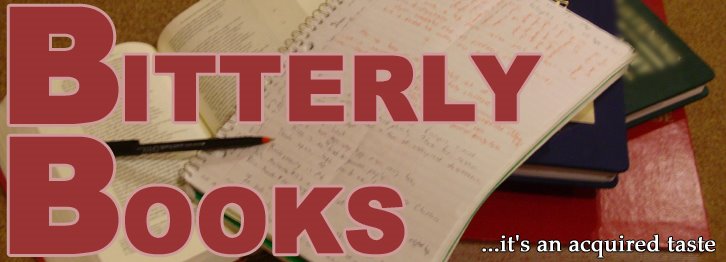Something More: Excavating Your Authentic Self by Sarah Ban Breathnach (Warner Books, 1998, ISBN: 0-446-52413-1)
This book was written by: Sarah Ban Breathnach, author of Simple Abundance and a woman who has a healthy, well-balanced attitude about men and her relationships with them. “I have always overwhelmed men,” she writes, “I used to think it was because I was lacking. Now I realize I’m the living embodiment of abundance – too much woman, too much love, too much passion”(p.163).
What is in this book: In this book, “You’re embarking on an archaeological dig to excavate your Authentic Self. Our journey has brought us to the sacred site of your soul. The choice of archaeology as our fantasy is very deliberate, because women are born incurable romantics”(p.20). Finding your authentic self “is not easy; if it were, everybody would be doing it,” but Ms. Ban Breathnach notes that “It’s been my observation that only women of great discernment, women with no time to lose or squander, and women who frequently feel too close to the edge for comfort, are the best candidates. Women very much like you and me”(p.8). At the end of each chapter are a set of questions, exercises for the reader assigned as field work. “As the archaeologist of your Self, it will be necessary for you to do some digging in the verdant field of your past, in order to aid the excavation process” (p.14).
What is not in this book: Advice for dudes. Some of the greatest luminaries in archaeology (Heinrich Schliemann, Howard Carter, Indiana Jones) may have been men, but this is a book for women—a fact you may recognize when Ban Breathnach discusses how the movie Bridges of Madison County was “a perfect example—not of passion, but of the habitual betrayal of our authenticity that leaves us lonely, vulnerable, and aching for anything other than a self-imposed sentence of life imprisonment”(p.147). It becomes even more evident when you read about how “You are sent into the Wilderness for one reason, and one reason only: Woman, find thyself”(p.177). Men shouldn’t read this book, and they certainly shouldn’t enjoy it, because “Men treat you badly when they don’t love you, but they treat you even worse when they don’t want to”(p.180, emphasis the author’s).
Would you recommend this book to Wonder Woman? Not really. I’d rather she spent her time reading books about the due process of law, and maybe brush up on some interrogation techniques in case her lasso of truth ever goes on the fritz. Lynda Carter might want to check this book out, though.
Would you recommend this book to a Sandhog? I... I can’t do it. I’m not going to use this space to make a crude, excavation-related double entendre about women and "heavy equipment." No matter how much I want to. I'm better than that.
What was interesting about this book? Sarah Ban Breathnach is a very spiritual writer. “Before making major decisions, I take my question to the spiritual world for consultation”(p.226). Creating the book itself appears to have been an almost religious experience, as she notes that “I laughed and cried as I wrote this book, just as women laugh and cry when we give birth. And I sense that this will be your experience as well”(p.14). Now that it has been completed, Ms. Ban Breathnach reflects on the process by admitting that “I trust the unseen more than the visible, which is why I have come to rely on the spiritual secret that ‘The Book’ always knows more than I do, thank God”(p.327).
Special Award
For the first time ever, Bitterly Books would like to present the WTF Award for Excellence in Literary Juxtaposition to Sarah Ban Breathnach for the following paragraph (p.78, emphasis the author’s):
One of the more horrific ways to die is through internal hemorrhaging, the uncontrollable bleeding buried in the body’s cavity. What makes this particular exit route even more insidious is that internal hemorrhaging is most often painless to the victim. There are no visible clues signaling the tiny trickle that starts when a small blood vessel begins to leak until it’s become a fatal flood, “a blood-stemmed tide,” as the Irish poet W. B. Yeats so beautifully describes destiny.
In his original poem "The Second Coming," Yeats writes of a "blood-dimmed tide." Because of her bold re-interpretation of the poet's original language and her daring linkage of Irish poetry, destiny, and death by internal bleeding, it is with great pride that Bitterly Books announces Sarah Ban Breathnach as the first ever recipient of the WTF Award for Excellence in Literary Juxtaposition. Ms. Ban Breathnach, you’ve earned it.






